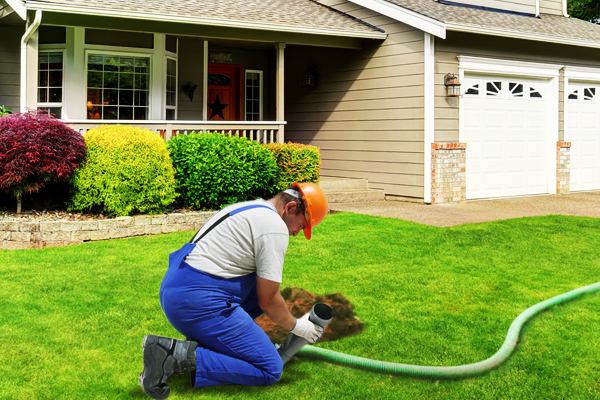
29
Proper water conservation is essential not only for environmental sustainability but also for the longevity and efficiency of your septic system. Excessive water usage can overwhelm a septic system, leading to potential failures, costly repairs, and frequent maintenance. Here are some practical water conservation tips to protect your septic system, ensuring it operates efficiently and lasts longer.
Conserving water reduces the amount of wastewater entering your septic system. This helps maintain the balance between wastewater input and the system’s capacity to treat and disperse it. Overloading the system can cause untreated wastewater to seep into the drain field, leading to contamination and costly septic tank repairs.
In addition to conserving water, regular maintenance is crucial for keeping your septic system in good working condition.
Water conservation is a vital practice for protecting your septic system. By implementing these water-saving tips and maintaining your septic system with regular septic tank pumping, inspections, and cleaning, you can enhance its efficiency and longevity.
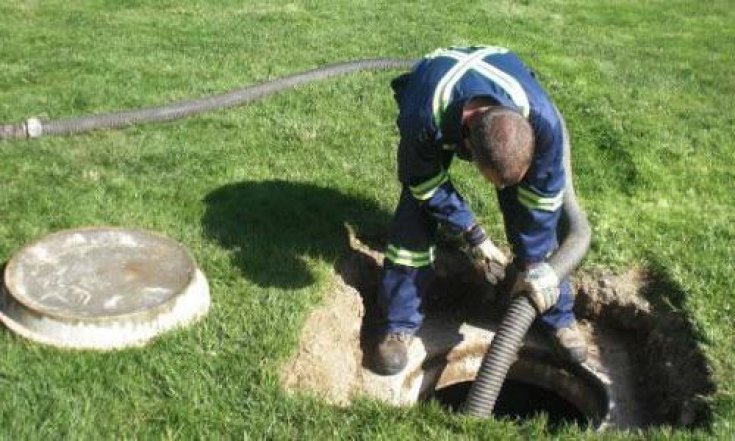
27
Pump Your Septic Tank Before Winter Hits As the temperatures drop and winter approaches, homeowners with septic systems have an…
Read more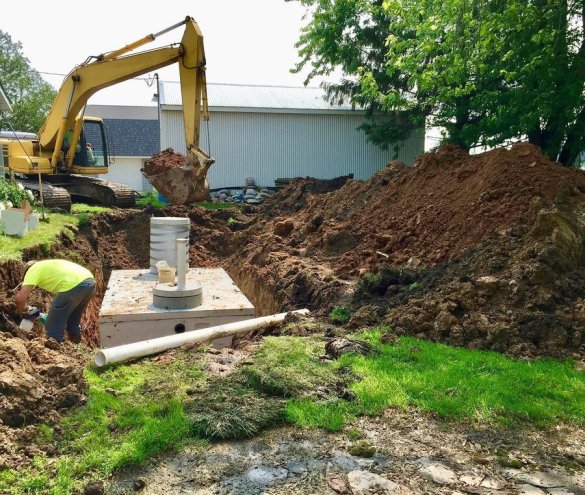
21
The Role of a Septic Contractor in a Smooth Installation Project When planning a new septic system, one of the…
Read more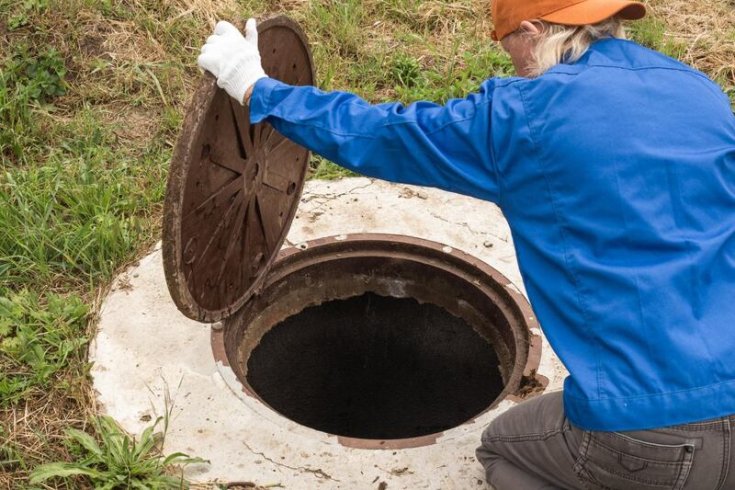
13
Preventative Measures for Septic System Odors Warm weather brings cookouts, outdoor fun, and unfortunately, for some homeowners, foul odors wafting…
Read more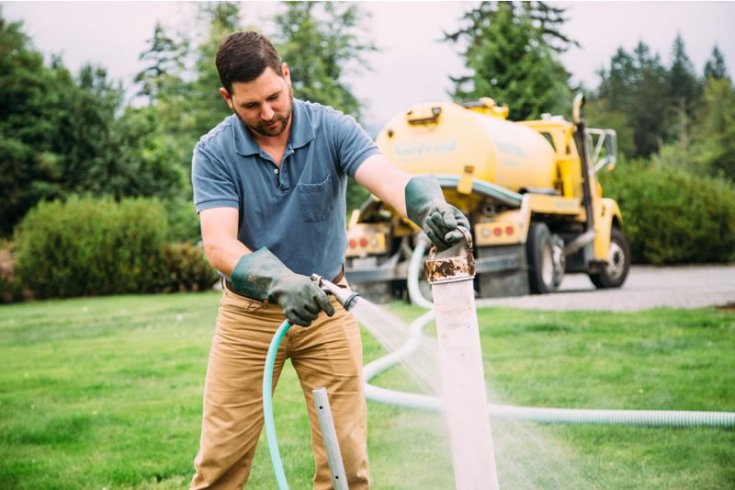
07
Seasonal Septic Savvy: Tailoring Maintenance for Every Time of Year Your septic system plays a crucial role in your home's…
Read more.jpg)
02
Are Big Social Media Cleaning Trends Hurting Your Septic System? In recent years, social media platforms like TikTok, Instagram, and…
Read more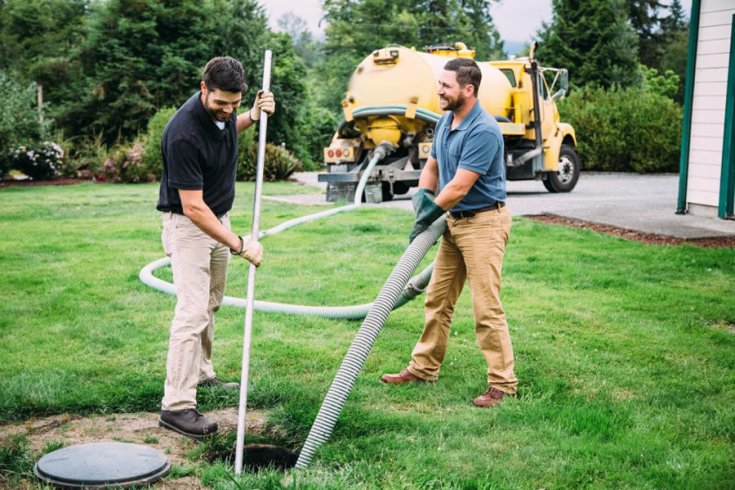
22
The Environmental Benefits of Proper Septic System Maintenance Your septic system is more than just a hidden part of your…
Read more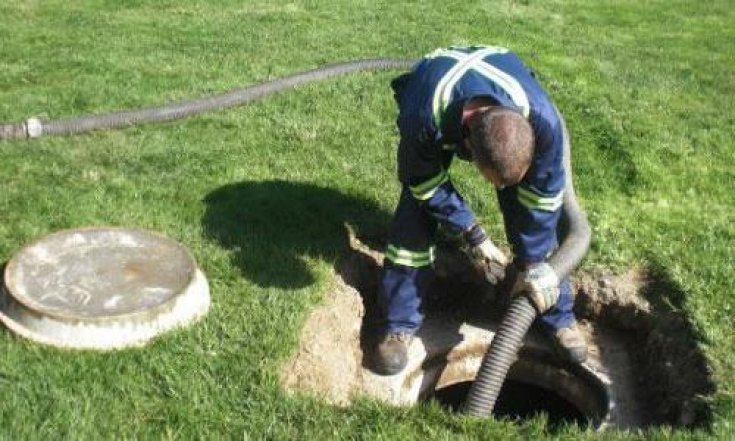
14
How Does Septic Pumping Work? If your home isn't connected to a city sewer system, chances are you rely on…
Read more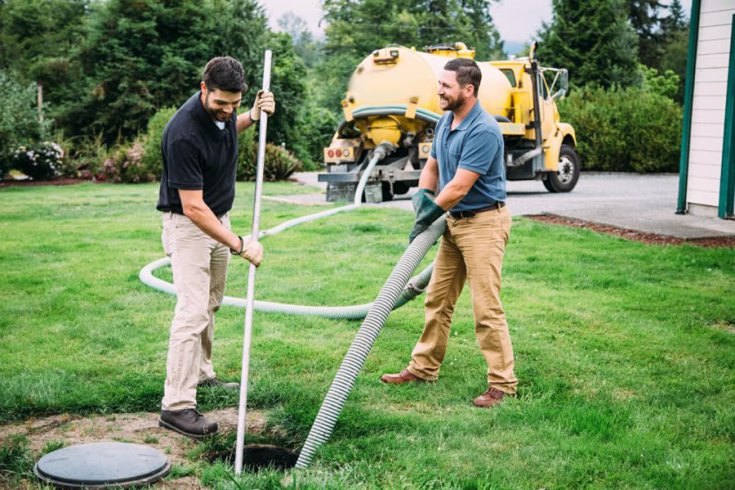
09
Environmental and Health Impacts of Septic Tanks Septic tanks are a common wastewater treatment solution, especially in rural and suburban…
Read more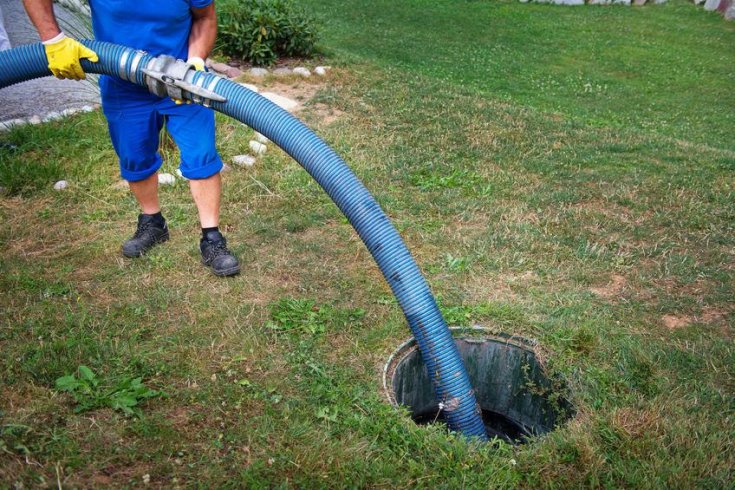
02
How to Keep Your Septic Tank Running Smoothly Your septic tank is one of the most important systems in your…
Read more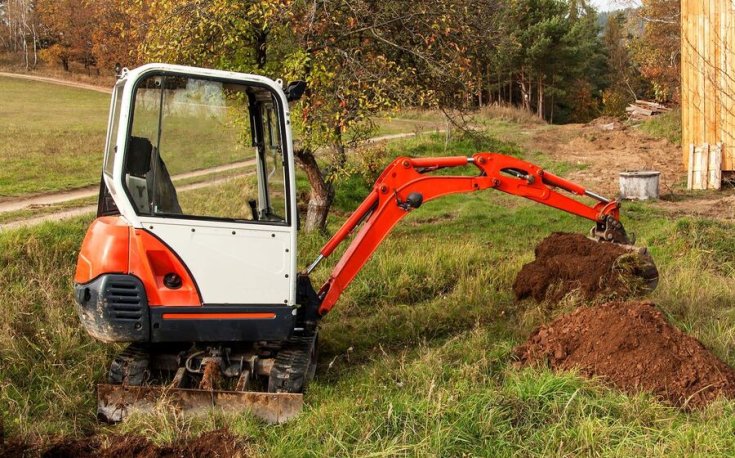
26
Choosing the Right Septic System Drain Field Expert When it comes to your home’s septic system, the drain field plays…
Read more